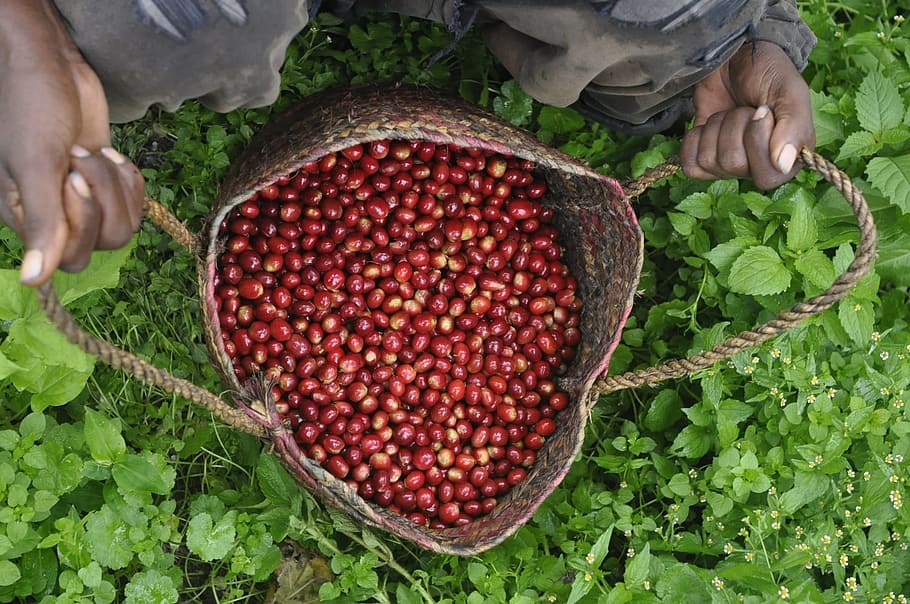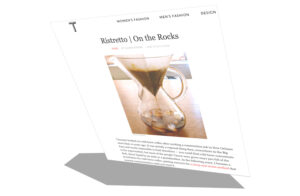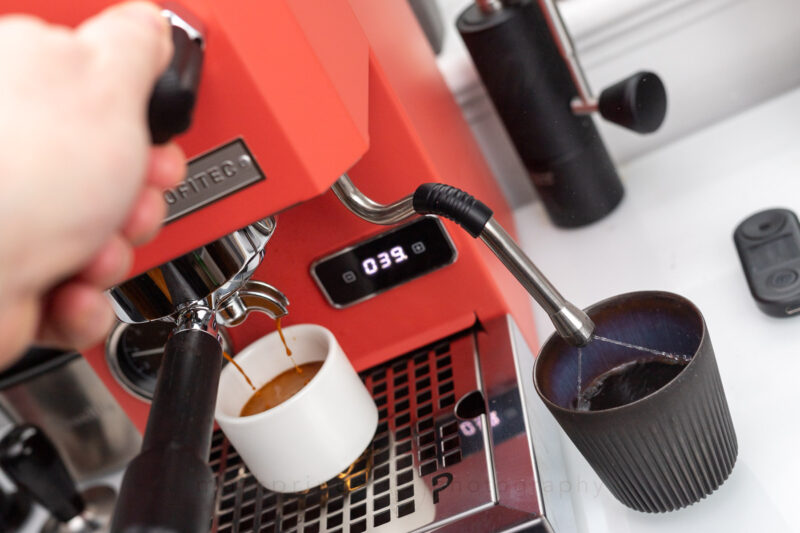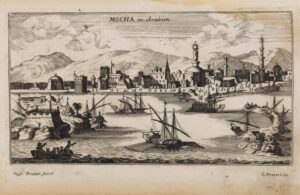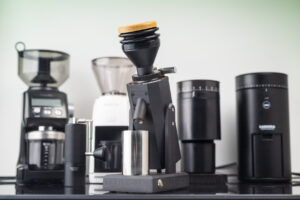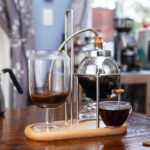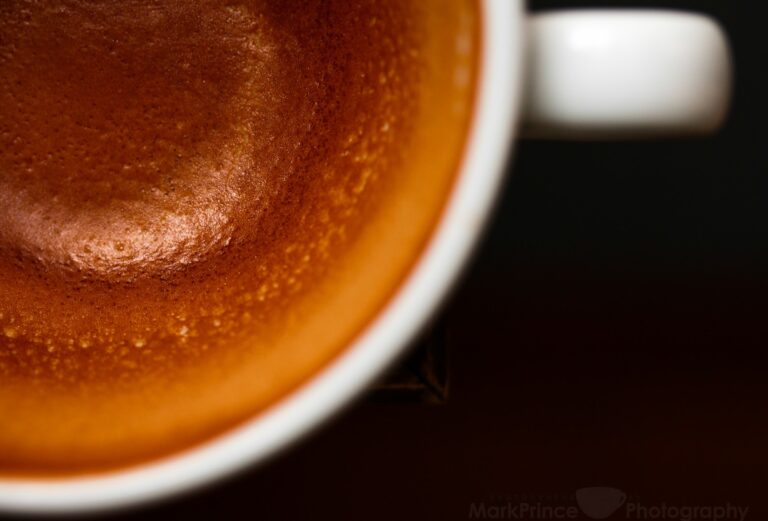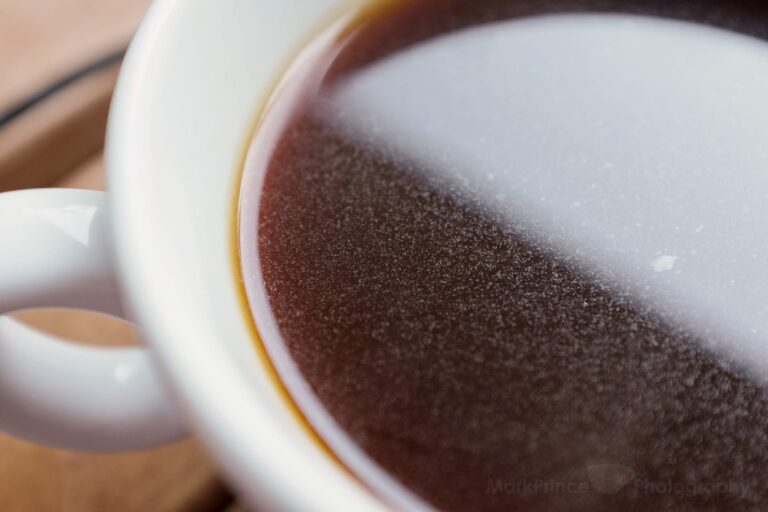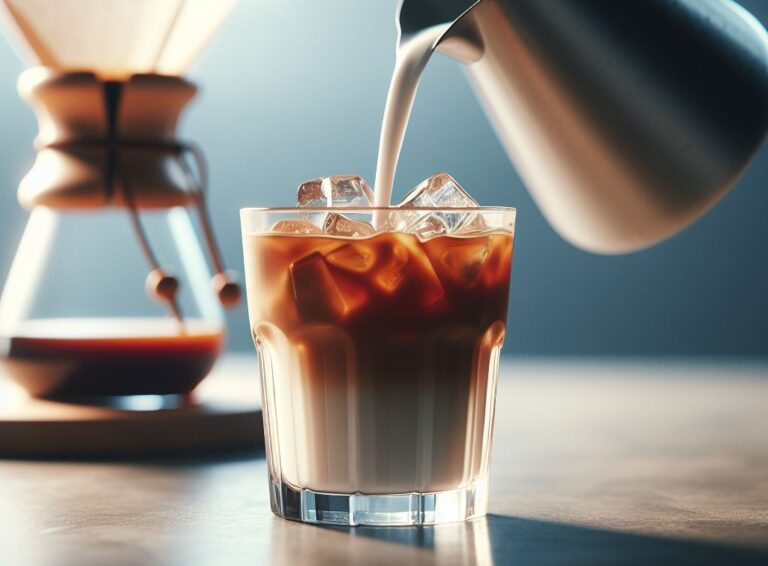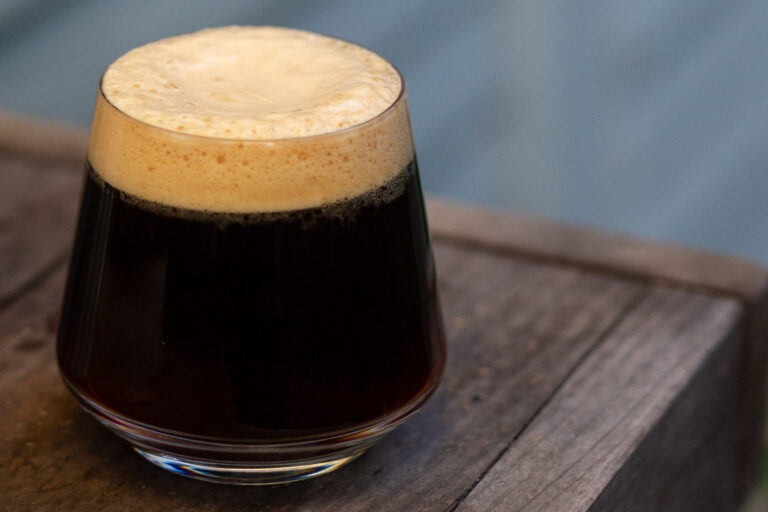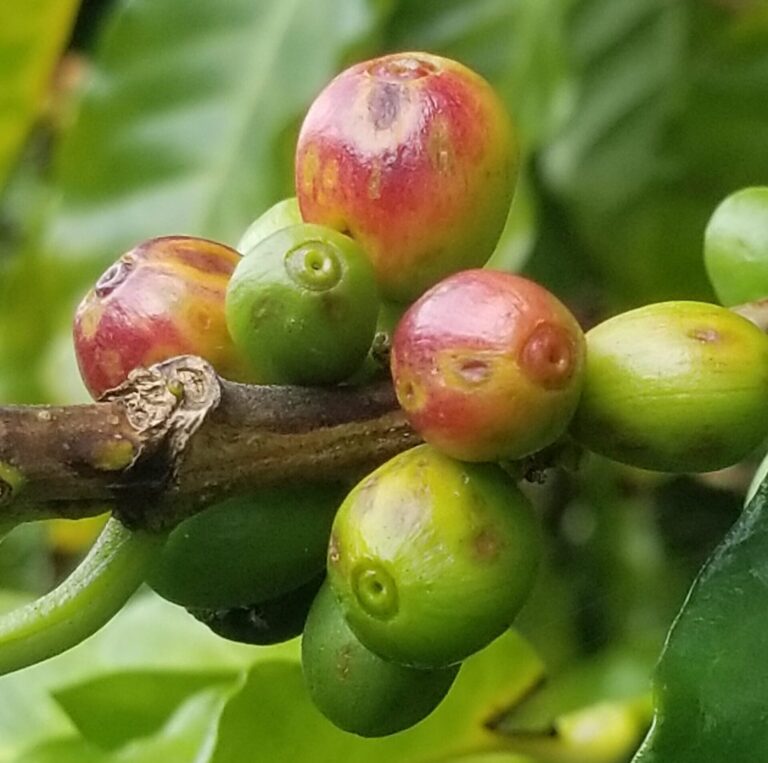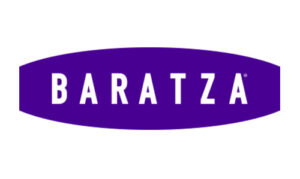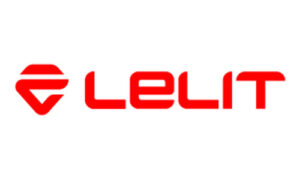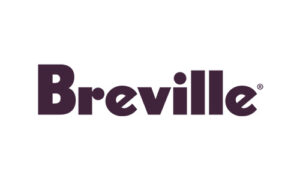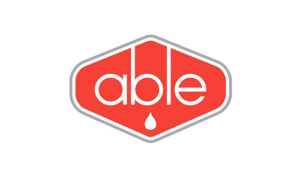Like other countries in Central America, the rise of coffee in El Salvador was inevitable because the growing conditions are just about perfect. The country’s favorable climate, characterized by high altitudes and volcanic soils, provided an ideal environment for growing Arabica coffee. Politics and greed also played decisive roles in the growing coffee industry, to the point where El Salvador has become the 4th largest producer of arabica coffee in the world. And a pivotal moment in 2003 shepherded El Salvador into the true specialty coffee realm.
The introduction of coffee as a commercial plant in El Salvador has several origin stories. There’s some claim that coffee seeds, brought over from Guatemala, first arrived in the country in the 1700s, and for nearly 100 years coffee was grown just for domestic consumption. Others claim a Salvadoran priest by the name of Jose Antonio Viteri brought plants over from Costa Rica in 1855 and started commercial production.
Barrios, the Coffee President
The truth is, between 1857 and 1863 three major events fostered by one of El Salvador’s founding fathers, Capitan General Geraldo Barios ushered El Salvador’s entry into the global coffee market. Coffee was growing in El Salvador by this period; in 1846, the country enacted a law that gave coffee farm owners a seven year tax break on all production to encourage the growth of the industry. Coffee farmers and workers received a 10 year exemption from military service, further encouraging the young industry to grow.
In 1857, the United States and El Salvador signed a ground breaking and unprecedented commercial trade treaty. The goal was to provide the USA with a new and growing source of coffee. This deal was so big at the time, it led to the foundation of El Salvador’s first international bank, the introduction of the telegraph communication system to the country, and the first trains and roadways. This deal was the start of a golden period in El Salvador’s economy.
Things moved fast, and by 1861, Barrios had enacted a series of laws designed to super charge the coffee industry in El Salvador. These measures included the distribution of land to coffee farmers, a strategic move to incentivize and augment the burgeoning coffee industry. El Salvador soon began shipping millions of pounds of coffee to the USA, and Barrios courted European markets that wanted to avoid the diminishing Dutch monopoly on coffees from Africa and Indonesia. Soon, El Salvadoran coffee was finding its way into the Kingdoms of Bavaria, Hannover, and Prussia, regions now integral to modern-day Germany.
By 1863, Barrios made the strategic decision to expand coffee cultivation across the breadth of the nation. The fertile Eastern regions became the focus of this agricultural expansion, further diversifying and solidifying El Salvador’s position as a coffee-producing powerhouse. Within 20 years, El Salvador became the 4th largest producer of exported coffee in the world.
The 1870s saw the establishment of the first coffee plantations in the Apaneca-Ilamatepec mountain range, marking the epicenter of El Salvador’s coffee production. The combination of altitude, volcanic soil, and climatic conditions proved to be ideal for cultivating high-quality Arabica coffee beans. In fact they were some of the best growing conditions in all of Central America. To this day, the Apaneca-Ilamatepec region remains the beating heart of El Salvadoran coffee production.
The Liberal Period 1871-1931
El Salvador, like most other Central American countries, had long periods of colonialism followed by dictatorships. That’s certainly the case in neighboring countries like Nicaragua. El Salvador has had shameful moments in its history as an established country, including persecution and what some consider genocide against the indigenous population, including Lenca and Mayans. What I didn’t know until I researched this article is that El Salvador had a 60+ year period of quite liberal governance after Francisco Dueñas, Barrios’ successor, was overthrown in 1871. Liberal at least the the Spanish and growing European population who were now being born and raised in the new country. Land was granted to many poor Salvadorans (land often taken from the indigenous) to start their own small coffee plantations.
This growth in the industry and the “sharing of wealth” (with everyone except the indigenous) continued for decades. It helped advance the science and agronomy business of coffee that ended up benefiting other coffee producing nations. But by the 1920s, the wealthiest of land owners once again came to power and steered the profits from El Salvador’s coffee industry back into fewer pockets. This had disastrous effects on El Salvador’s economy overall, which led to the takeover by the military in 1931, a dictatorship that lasted through to 1979 when civil war erupted in the country.
I could write 3 blog posts on the decline overall of the El Salvadoran coffee industry during this dictator period in the country’s history. Suffice to say, innovation declined, the free market system disappeared, and the military dictatorship controlled most aspects of coffee exports, never a good thing. The 12 year civil war from 1979 to 1992 made things even worse.
Post Civil War
But El Salvador was and is resilient. The end of the civil war ushered in a new era in the country’s coffee industry. One major change is no single individual can own more than 250 hectares of land in the country. That meant all the old mega fincas were broken up and redistributed to farming families and co-ops. All free to grow, process, and trade their coffees on their own (or within organized co-ops with pretty strict rules). Today, roughly 95% of El Salvador’s coffee production is produced on farms smaller than 20 hectares. The same 95% of coffee grown in the country is shade grown, a precious achievement that produces better specialty coffee.
El Salvador is also the birthplace of some spectacular coffee varietals, including Pacas and Pacamera. It is also one of the biggest global producers of the Bourbon varietal, highly sought after by specialty coffee buyers.
Enter Cup of Excellence
El Salvador was already known for desirable, high quality Arabica, shade grown coffee by the late 1990s. The introduction of a new event accelerated the global recognition of the country’s coffee quality and also spurred on El Salvador’s growers to produce better quality.
The Cup of Excellence made its debut in El Salvador in 2003. The country’s farming community embraced the prestigious competition as an opportunity to showcase its exceptional coffee offerings to the world.
The arrival of the Cup of Excellence in El Salvador brought a renewed focus on quality and innovation within the coffee industry. Farmers and producers, passionate about their craft, eagerly participated in the competition, hoping to gain recognition for their dedication to producing top-tier coffees.
The inaugural year of the Cup of Excellence in El Salvador set the stage for a transformative journey. The competition’s rigorous evaluation process, involving expert cuppers meticulously assessing aroma, flavor, acidity, and other attributes, elevated the standards of coffee production in the country. Winning the Cup of Excellence became a symbol of excellence and a testament to the skill and dedication of El Salvadorian coffee producers.
Beyond the competition itself, the Cup of Excellence in El Salvador spurred positive changes in the industry. It became a catalyst for direct trade relationships between farmers and international buyers, emphasizing transparency and fair compensation. The auction of winning coffees provided a platform for these premium beans to reach specialty coffee consumers worldwide, contributing to the global recognition of El Salvador as a producer of exceptional coffees.
The Future of El Salvadoran Specialty Coffee
Despite the success of the specialty coffee movement, El Salvador has faced challenges that have impacted its coffee industry. The country has grappled with issues such as climate change, which poses a threat to the delicate balance of temperature and humidity necessary for high-quality coffee production. Additionally, economic fluctuations and social unrest continue to disrupt the stability of the industry.
In recent years, efforts have been made to address these challenges through sustainable and adaptive practices. Some farmers have embraced agroforestry, planting shade trees alongside coffee plants to create a more resilient and ecologically diverse ecosystem. This not only helps mitigate the impact of climate change but also enhances the overall sustainability of coffee production.
It also helps El Salvador maintain their 95% shade grown reputation, one of the highest in the world.
The history of specialty coffee in El Salvador is a wide narrative of resilience, innovation, and a commitment to excellence. It is also a tale of incredible strife delivered to the indigenous population for centuries, something I certainly did not cover adequately in this article. (La Matanza is a horrific part of the country’s history, if you want some background).
Zuzanna travels the world because of her job, and makes it a point to find the best cafes, best coffee, best espresso in every city, town, or village she visits.
-
Zuzanna Kaminskihttps://coffeegeek.com/author/zussyk/April 16, 2024
-
Zuzanna Kaminskihttps://coffeegeek.com/author/zussyk/March 20, 2024
-
Zuzanna Kaminskihttps://coffeegeek.com/author/zussyk/March 15, 2024

